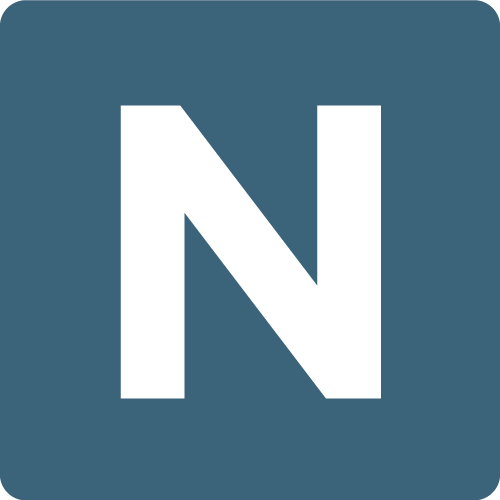Learn how government agencies can break down barriers to help their employees be more productive, efficient, and successful at work.
Most advice about working smarter focuses on what employees should do. But optimizing their time and effort is not solely an employee’s responsibility, nor is it entirely within their control. Your agency plays an essential role.
Employees can't quickly and efficiently do their jobs until your agency eliminates barriers that prevent employees from performing to their strengths. Bureaucracy, operational inefficiencies, culture issues, poor technology, and misguided management are all sources that present obstacles to efficiency.
How can your agency begin busting these barriers to help employees work smarter, not harder? Below are best practices to get you started.
Hold shorter meetings
Stop holding hour-long meetings just because it’s the default event duration on your calendar software or "just in case" you need the time. To boost productivity and work smarter, establish new meeting norms at your agency.
Begin by identifying the agenda, the decision maker, and who needs to attend. Then determine how long you need to cover each agenda item and a short Q&A at the end. If your agency needs a default meeting length, make it 15 or 30 minutes at most – your team will thank you.
Focus on meaningful conversations
Meaningful conversations are ones that have a clear purpose. Change meeting norms to focus this valuable time on making decisions, offering each other help and ideas, and moving together toward specific outcomes.
Even when work-focused conversations happen on the fly, everyone should know why they’re part of the conversation, and, by the end, the value they can offer. And don't forget that this value comes from employees at all levels, not just leadership. Your human resources team can also coach managers to listen more than they talk and engage employees by asking them questions.
Foster a culture of taking breaks
Employees who take frequent breaks are more creative, focused, and healthier – not to mention they have the highest productivity. Encourage employees to work smarter by allowing them to take several breaks during the day.
Keep an eye out for employees who don’t take breaks and determine the cause. It may be that their manager doesn’t take breaks either and has set an unhealthy example for their team.
Question inherited ways of working
Just because your agency has always done something a certain way doesn’t mean it’s any good. Better ideas come along, inefficiencies become evident, new skills are learned, and technology advances.
Ask employees to look for opportunities to question and improve upon inherited systems and procedures. This could include automating a manual process, integrating a new technology solution, or streamlining an overly complex routine.
Move communications off of email
Emailing—or more specifically, over-emailing—is unproductive. According to the Wall Street Journal, 80% of email is a waste of time. The smarter way to use email is to think twice before hitting ‘send.’ If there isn’t a clear and specific reason to send the email, don’t. Emails worth sending should include:
- One new action item
- A question, answer, or solution to a problem
But for maximum efficiency, instead of emailing, pick up the phone, have a quick chat, or use a real-time messaging program like Slack.
Grant employees flexibility and autonomy
For some employees, feeling chained to their desk makes them more stressed and less productive. Some are more effective in the morning and others in the afternoon or evening. Some need blocks of time free of distractions to do their best work, and others can multitask.
Employees need schedule flexibility to manage their lives and perform at their best. Let them choose when they want to work so they can be their most productive. And where possible, allow employees to telecommute, opt for a compressed workweek, or change their 9-to-5 to an 8-to-4 or 10-to-6 day.
Give employees continuous feedback
Continuous, real-time feedback is essential to helping employees improve their efficiency and productivity. When they receive continuous feedback, employees have a better grasp of what’s expected of them, how well they’re performing against those expectations, and the changes they need to make to be more successful.
Performance management software for government lets employees receive and quickly act on feedback so your entire agency works smarter, not harder, together.
To learn more, find out how data analytics and reporting in performance software helps your agency work more productively and plan strategically for success.
